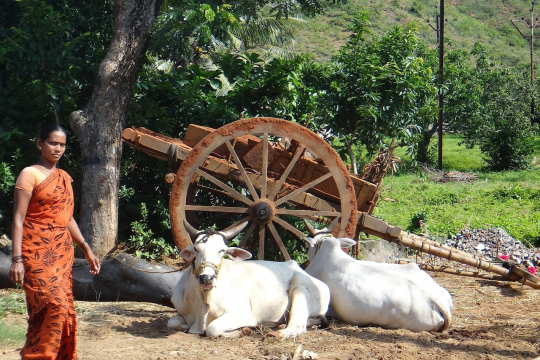Climate change is increasing rainfall uncertainty, which has gendered impacts on rural labour markets. After droughts, women are less likely to access non-farm employment through migration than men, exacerbating existing occupational gender gaps.
In contrast to previous research, which suggests that women's employment rises during negative household income shocks in low-income economies, the findings in this study, reveal that, despite an increased likelihood of seeking work due to aggregate income shocks, women's employment may not rise if their labor mobility is constrained. Moreover, the impact of climatic shocks may be enduring. The cross-sectional analysis indicates that gender disparities in non-farm employment and migration are more pronounced in villages exposed to higher risks from rainfall variability. This implies that men might permanently transition to the less risky non-farm sector, boosting its share in the economy but intensifying gender-based occupational segregation.



